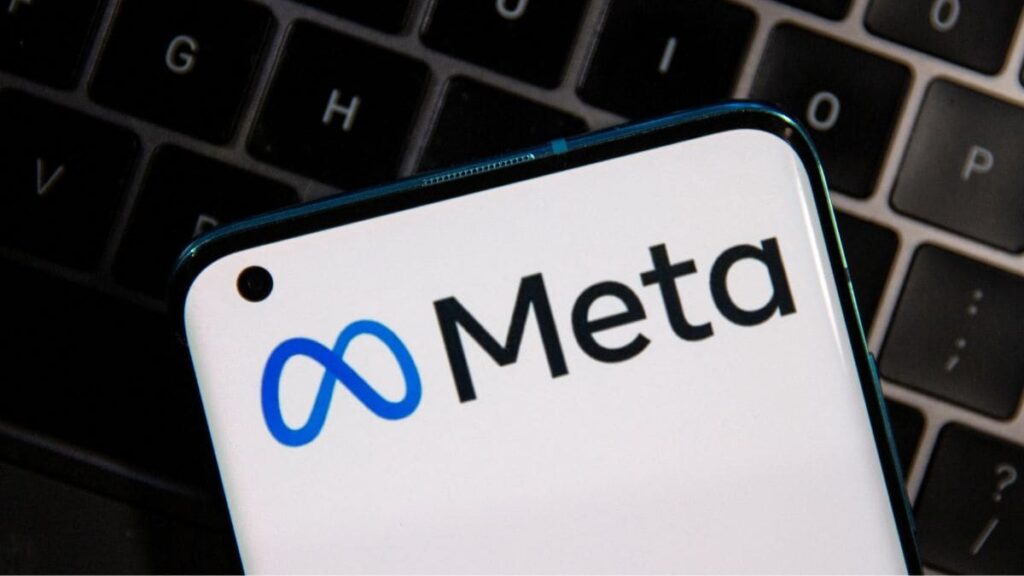Meta targeting AI video startups is no longer a mere headline it’s a strategic pivot in Silicon Valley’s ever intensifying AI race. As Meta Platforms reshapes its artificial intelligence operations, the company is aggressively pursuing startups that specialize in AI video generation and editing. With failed talks involving companies like Runway and Higgsfield, and recent discussions with Pika, it’s clear that Meta isn’t just experimenting it’s positioning itself to dominate the next phase of multimedia AI.
But why is Meta so focused on AI generated video content? And how will this affect the broader technology landscape? This article explores the core of Meta’s strategy, the players involved, and the potential consequences for AI, entertainment, and consumer tech.
The Strategic Importance of AI Video
Meta’s targeting of AI video startups is rooted in the company’s broader vision of personal superintelligence. This concept, pushed by CEO Mark Zuckerberg, goes beyond productivity tools it’s about making AI personal, immersive, and deeply embedded in human communication.
AI video generation plays a central role in this. By acquiring or partnering with video startups like Pika, Meta gains access to cutting edge video synthesis models capable of generating hyper realistic video content. These tools not only enhance content creation on Instagram and Facebook but also support its ambitions in smart glasses and the metaverse platforms where video based communication will dominate.
Pika and the Realistic Video Revolution
Pika, a San Francisco based startup, has made waves for developing intuitive video generation tools that allow users to turn text or rough sketches into fully animated clips. Early testers have praised its speed, realism, and potential for use in marketing, entertainment, and education. While Meta’s talks with Pika haven’t concluded yet, the very interest shows how critical such platforms are becoming in AI’s future.
Meta’s AI Overhaul From Setbacks to Superintelligence
Meta’s pivot toward AI video startups comes as part of a much larger AI overhaul following previous setbacks. The company has spent over $14 billion revamping its AI strategy, and the results are beginning to show.
Alexandr Wang Joins as Chief AI Officer, One of the biggest developments is the appointment of Alexandr Wang, CEO of Scale AI, as Meta’s new Chief AI Officer. Wang is known for building massive training data pipelines for models used by top firms like OpenAI and anthropic. His leadership signals a more serious, infrastructure first approach to AI at Meta.
Meta also brought in Nat Friedman ex GitHub CEO and Daniel Gross co-founder of Safe Superintelligence to lead Meta Superintelligence Labs. These moves show Meta’s intent to bring not only powerful tools but also elite talent into the fold.
AI in Meta’s Consumer Ecosystem Instagram, Edits, and Smart Glasses
Beyond the back end development, Meta is embedding AI directly into its products. Instagram’s new Edits app now uses AI to modify videos, enhancing creator tools without third party software. Additionally, Meta AI, the company’s flagship assistant, has rolled out video editing features that automatically trim, enhance, or caption videos.
Emma Rodrigues, a lifestyle content creator with over 150K followers, told us, The new AI powered Edits app saved me hours of post production time. I can now shoot and edit Instagram Reels in one go and it looks professional. This seamless integration is a key differentiator. While competitors like Apple and Google focus on broader ecosystems, Meta is turning social content into an AI powered, creator first experience.
Industry Competition and Future Forecast
Meta targeting AI video startups isn’t occurring in a vacuum. Companies like OpenAI (Sora) and Runway are also investing heavily in generative video. Meta’s failure to close deals with Runway and Higgsfield indicates stiff competition but also highlights the urgency of these partnerships.
Company Focus Area Status: Meta Social AI & consumer devices In discussions with Pika, OpenAI Text to video (Sora) Beta testing with creators, Google AI integration with YouTube and Pixel devices Ongoing R&D, Runway Generative video editing Independent growth.
If Meta secures a partnership with Pika or a similar startup, it could close the gap quickly. The first major tech platform to master high quality AI video generation at scale will likely control the next wave of digital media.
Voice AI, Poaching Talent, and PlayAI Acquisition
To further accelerate its growth, Meta also acquired PlayAI, a promising voice AI startup. Voice synthesis and video generation together point to an inevitable AI driven multimedia ecosystem. Add to that the recent recruitment of researchers from OpenAI, Google, and Anthropic, and Meta is clearly building a world class R&D powerhouse.
Dr. Lena Chow, an AI researcher at MIT commented, Meta’s strategy is no longer reactive it’s proactive. They’re not just buying tools they’re buying vision, talent, and future dominance in AI driven storytelling. Meta targeting AI video startups signals a seismic shift in how we’ll interact with content. From personalized AI generated media to smart glasses that understand and respond in real time, the company is laying the foundation for an immersive AIbfirst future.
Whether Meta will succeed remains to be seen. But one thing is certain: the intersection of AI and video is not just the next big thing it’s the big thing. And Meta wants to be at its core.
Key Takeaway
Meta targeting AI video startups is part of a deeper strategy to dominate multimedia AI. Meta has already spent $14 billion restructuring its AI efforts and hiring elite talent. The company is building a creator focused ecosystem powered by AI tools in Instagram and Meta AI.
Collaborations with startups like Pika could accelerate Meta’s efforts to rival OpenAI’s Sora and others. With deep integration into smart glasses and VR, video AI will shape the future of human AI interaction.

